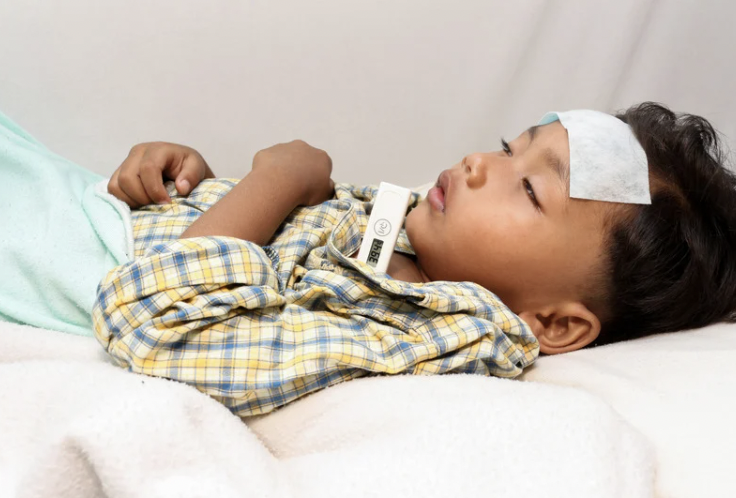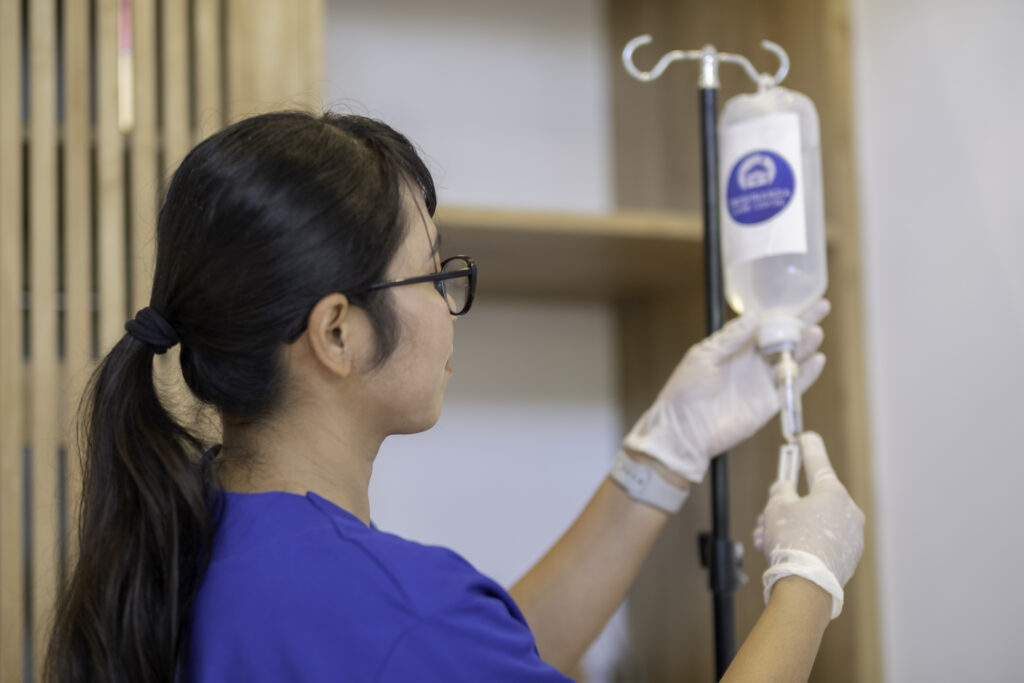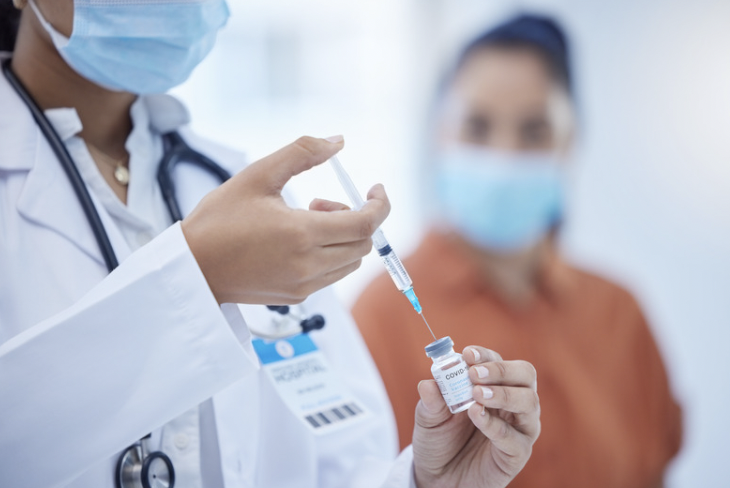
Layanan IV Hangover di Bali: Kapan Cocok dan Kapan Harus Periksa Dulu
Bangun dengan hangover parah di Bali? Matahari Januari 2026 baru saja mengintip di balik rimbunnya pepohonan di villa Anda di
So, you’re plotting your Bali escape—dreams of sun-soaked beaches, ancient temples, and bustling markets dancing in your head. But hold up! There’s one tiny (literally) detail you shouldn’t overlook: dengue fever.
Now, we know talking about mosquito-borne illnesses isn’t as exciting as planning your island-hopping itinerary. But trust us, a little dengue know-how could be the difference between #BaliBliss and #HospitalSelfie.
Let’s face it—no one daydreams about getting sick on vacation. But in tropical paradises like Bali, dengue fever is the uninvited guest you need to be ready for. Don’t worry, though! We’re not here to rain on your parade (or should we say, monsoon on your getaway?).
This blog is your one-stop shop for all things dengue in Bali. We’ll walk you through what it is, how to dodge those pesky mosquitoes, and what to do if you suspect you’ve joined the dengue club (spoiler alert: it’s not as fun as the beach club).
upside down. Spread by the Aedes mosquito, this illness can hit you out of nowhere, leaving you feeling miserable with a high fever, severe headaches, and pain that’s hard to shake off.
But here’s the thing: you don’t have to be a victim. By understanding the risks and taking some smart precautions, you can reduce your chances of getting sick and focus on what really matters—enjoying Bali.

Imagine you’re halfway through your trip, and suddenly, you start feeling off. Maybe it’s just a bit of heat exhaustion, or maybe it’s something more. Here’s what to watch out for:
If you start feeling any of these symptoms, it’s time to take action. Don’t just brush it off as a little bug—get tested and make sure it’s not Dengue.
Yes, you read that right. You have a role to play in preventing Dengue—not just for yourself but for everyone around you. Here’s how:
If you’re feeling unwell, don’t hesitate to seek medical help. Early diagnosis can make a huge difference in how quickly you recover and prevent the illness from getting worse.
Need to confirm if it’s Dengue? Get a lab test at Trishnanda Care Centre. They’ll give you accurate results and guide you on the best course of action.

So, what if despite your best efforts, you still catch Dengue? Here’s what you need to do:

If you’ve had Dengue before, or you’re planning an extended stay in Bali, consider getting vaccinated. The Dengue vaccine is available at Trishnanda Care Centre for IDR 1,000,000. It’s a smart investment in your health and peace of mind. Book your Dengue vaccine now via WhatsApp.
While Dengue is present in Bali, it shouldn’t deter you from visiting. Just take the necessary precautions, like using insect repellent and staying in mosquito-free accommodations.
There’s no need to cancel your plans, but it’s smart to be more cautious. Wear long sleeves, use repellent, and avoid areas with heavy mosquito activity, especially during peak times like early morning and late afternoon.
Absolutely! Just be mindful of where and what you eat. Opt for food that’s freshly cooked and avoid areas with stagnant water where mosquitoes may breed.
Staying in a luxury resort with good mosquito control measures can significantly reduce your risk, but it’s still important to take personal precautions like using repellent and keeping windows closed.
Yes, it’s safe to swim. Dengue mosquitoes breed in standing water, not in treated swimming pools or the ocean. Just make sure to apply repellent after swimming if you’ll be outside.
Most travel insurance policies cover medical treatment for illnesses like Dengue, but it’s always best to check your policy details before you travel to ensure you’re covered.
Even on a short trip, Dengue is something to be aware of. The good news is that with the right precautions, your risk remains low.
Bringing your own trusted brand of mosquito repellent is a good idea, as you’ll know it works well for you. However, repellents are widely available in Bali if you need more.
Some studies suggest mosquitoes might prefer certain blood types, but it’s not a guarantee you’ll be bitten. Everyone should take precautions regardless of blood type.
Not necessarily. If you’re healthy and take preventive measures, you can still enjoy your trip. Just be more vigilant about avoiding mosquito bites.

Bangun dengan hangover parah di Bali? Matahari Januari 2026 baru saja mengintip di balik rimbunnya pepohonan di villa Anda di

Kapan waktu terbaik untuk melakukan tes NS1? Tes NS1 (Dengue Early Antigen) paling akurat dilakukan dalam 1 hingga 3 hari
Contact Our Doctor Now